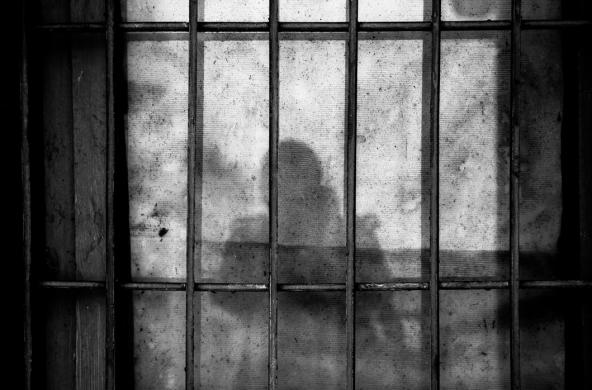
Gambia and Madagascar commit to irreversible abolition
International standards
As the UN treaty event is going on in New York, two more African states commit to irreversible abolition by signing and ratifying the UN Protocol for abolition.
The Treaty Event, which takes place during the General Debate of each session of the General Assembly provides "special facilities for the Heads of States or Government to add their signatures to any treaty or convention of which the Secretary-General is the depositary". It is a good opportunity for member states to express support for human rights and the rule of law.
Last year, at the same time, Togo and the Dominican Republic also accessed to the Second Optional Protocol to the International Covenant on Civil and Political Rights.
A first step towards abolition for Gambia
The last executions took place in 2012 when nine prisoners were executed by firing squad, including three persons who were convicted of treason, and two Senegalese nationals, one of them a woman. It was the country’s first executions in 31 years and they were “greeted by international outcry” according to the Death Penalty Worldwide Database.
However, since the presidential elections and the democratic change of government, Amnesty International recognised “major progress made since President Barrow’s inauguration on 19 January (2017), including the release of dozens of political prisoners and retraction of Gambia’s withdrawal from the Rome Statute of the International Criminal Court”. Their recommendations covering 10 areas of reform included the abolition of the death penalty.
In November 2016, Gambia voted for the first time in favor of the UNGA resolution for a moratorium on execution during the 3rd Commission but was absent during the vote in the plenary in December 2016.
“The signature of the UN protocol aiming at the abolition of the death penalty by Gambia yesterday is a critical step towards abolition and is a strong commitment from the president to move towards abolition in law while guaranteeing that no executions will resume” says Aurelie Placais, director of the World Coalition Against the Death Penalty.
The final step for irreversible abolition in Madagascar
Madagascar signed the Second Optional Protocol to the ICCPR in September 2012, during the UN Treaty Event and abolished the death penalty in law in January 2015. It has always voted in favor of the UNGA moratorium resolution and has cosponsored it since 2010.
According to information received from ACAT Madagascar and FIACAT, on 14 December 2016, the National Assembly adopted a bill N. 057/2016 authorizing ratification of the Second Optional Protocol to the ICCPR and the law was promulgated on 17 January 2017. Madagascar finalised the ratification process by depositing the instruments of ratification with the United Nations’ General Secretary on 21 September 2017.
Madagascar has become the 85th state party to this international treaty and the 14th in Africa.
Calling on abolitionist countries in Africa to adopt the draft additional protocol to the African Charter on Human and Peoples’ Rights on the abolition of the death penalty
The World Coalition also calls on Gambia and Madagascar to commit to the adoption of the draft additional protocol to the African Charter on Human and Peoples’ Rights on the abolition of the death penalty in Africa which will be soon discussed in Addis Ababa, Ethiopia. The World Coalition is campaigning with FIACAT, FIDH, DITSHWANELO and all member organisations in Sub-Saharan Africa for the adoption of the draft protocol by the African Union.
Categories
Gambia






